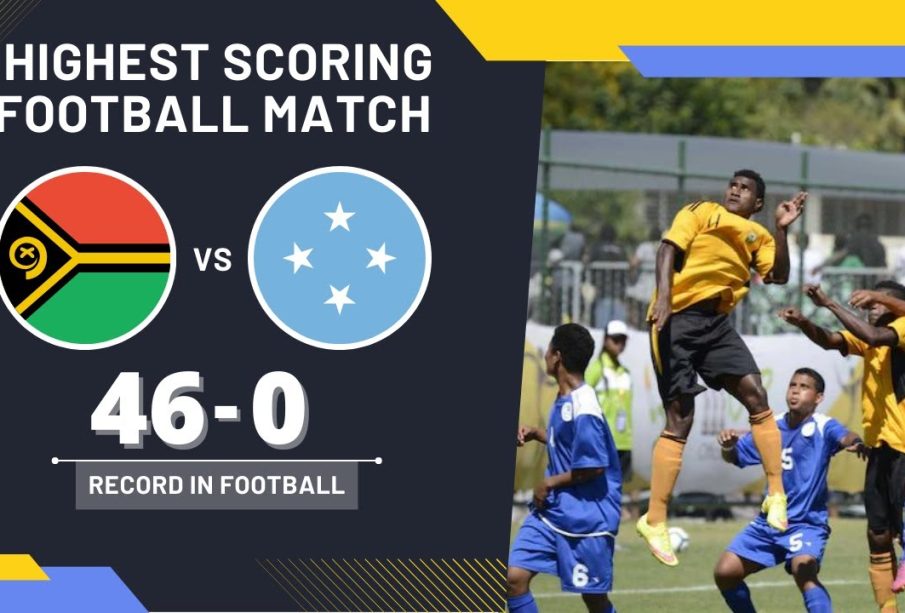Vanuatu: A Gem in the Heart of the Pacific

Introduction
Vanuatu, an archipelago located in the South Pacific Ocean, consists of approximately 80 islands, known for its stunning landscapes, rich culture, and vibrant marine life. As a popular tourist destination, it attracts visitors seeking adventure, relaxation, and a taste of Melanesian culture. The importance of Vanuatu has grown significantly in recent years, particularly due to its efforts in sustainable tourism and disaster management, making it a relevant topic amid ongoing discussions about climate change and ecological preservation.
Recent Developments in Vanuatu
In 2023, Vanuatu has gained international attention for its ambitious plans to transition to renewable energy. The government aims to generate 100% of its electricity from sustainable sources by 2030, reducing reliance on imported fossil fuels and enhancing energy security for its citizens. This initiative aligns with the global push towards greener practices and showcases Vanuatu’s commitment to combating climate change.
Moreover, the nation has been in the spotlight for its unique approach to disaster management, particularly after facing the devastation of Cyclone Harold in 2020. The country has since developed resilient infrastructure and robust community engagement programs to prepare for natural disasters, reflecting its proactive stance in safeguarding its population and environment.
Cultural Significance and Tourism
Culturally, Vanuatu is home to over 113 languages and a rich tapestry of traditions, making it one of the most culturally diverse nations in the Pacific. This diversity is celebrated during festivals, where locals showcase their unique customs through music, dance, and traditional crafts. Tourists are encouraged to interact with local communities, offering a more authentic experience while also contributing to the local economy.
The recent rise in eco-tourism demonstrates a shift in traveller preferences, with an increasing number of visitors keen on exploring Vanuatu’s unspoiled beaches, lush jungles, and volcanic landscapes. Snorkelling and diving experiences in places like the UNESCO World Heritage site of the Chief Roi Mata’s Domain have gained popularity, with tourists eager to explore the rich biodiversity of the coral reefs.
Conclusion
As Vanuatu continues to navigate the challenges posed by climate change, its focus on sustainable development and cultural preservation positions it as a key player in the Pacific region. The future looks bright for this island nation, with anticipated growth in eco-tourism and community resilience efforts. For readers and potential visitors, Vanuatu represents not just a holiday destination, but a forward-thinking nation committed to a sustainable future and the preservation of its unique cultural heritage.









